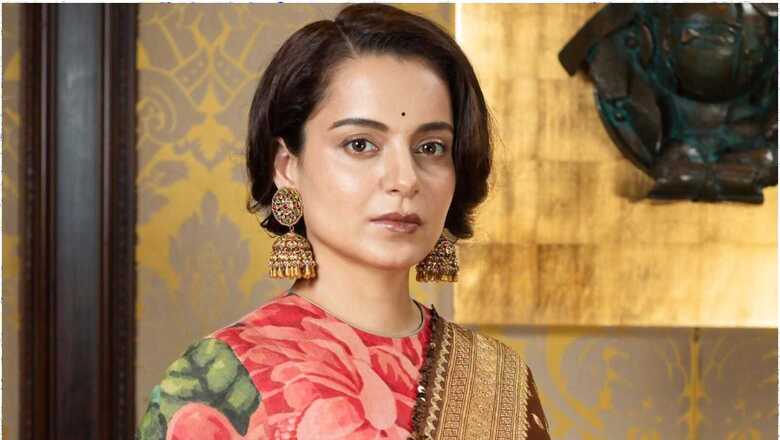
views
Actor Kangana Ranaut, who was being celebrated until recently for speaking out against nepotism in Bollywood, is now being asked to pay the price for being unabashedly articulate. Her remarks claiming that India became independent in 2014, and not in 1947, have angered politicians across parties including the Indian National Congress, Bharatiya Janata Party, Aam Aadmi Party, Nationalist Congress Party, Hindustani Awam Morcha, and Shiv Sena.
Ranaut has been an open admirer of Prime Minister Narendra Modi, so it is not surprising that she credits him for playing a key role in shaping India’s destiny since 2014, the year that Modi’s party came to power. However, erasing the history of India’s struggle for freedom from British rule to elevate Modi seems excessive. Varun Gandhi and Praveen Shankar Kapoor from the Bharatiya Janata Party are among those who have criticised Ranaut.
There is a growing number of voices urging President Ram Nath Kovind to take back the Padma Shri award that was bestowed upon Ranaut a few days ago. The reason being cited is that Ranaut has insulted India’s freedom fighters, mocked their sacrifices, and hurt their descendants. She is being accused of committing treason. Clearly, she has touched a raw nerve. People respect their ancestors, and hearing anything offensive about them is hard.
My maternal grandfather, Dhanraj Tated (1911-1997), participated in the Quit India movement launched to free India from the shackles of British colonialism. He was a lawyer who spent most of his life in Sirohi, Rajasthan. He went to prison, like many of his peers, for protesting against British atrocities. His final rites were performed with state honours. I have few memories of him because he died when I was a child but I am proud of my Nanaji.
Despite this background, Ranaut’s insinuation that India received “bheek” (alms) from the British in 1947 does not bother me. She is an actor, not a historian. When I want to learn about the history of India, I read books by people who are trained in that discipline. Historians bring different perspectives to light based on their research. Ranaut has played the role of Lakshmibai, the Rani of Jhansi, but she is not an expert on India’s freedom struggle.
According to the website of the Padma Awards, hosted by the Government of India’s Ministry of Home Affairs, the Padma Shri is one of India’s highest civilian honours. It is given for distinguished service in the fields of art, social work, public affairs, science and engineering, trade and industry, medicine, literature and education, civil service, wildlife conservation, protection of human rights, and propagation of Indian culture.
Based on this information, it is safe to conclude that the Padma Shri is not awarded for the opinions that people hold, or their interpretation of Indian history, or even their patriotism. It is a recognition of professional accomplishments. Ranaut has proven her talent as an actor repeatedly. She has received four National Film Awards. I have enjoyed her performances in the films Life in a… Metro (2007), Fashion (2008), Queen (2014), and Manikarnika (2019).
As a public figure, she has access to platforms and she uses them to present what she feels strongly about. The choice to listen, ignore or amplify is ours. Her utterances about India’s freedom movement have hurt sentiments and sparked outrage. Whether she has violated any law or not has not been established yet. I am unsure as to how taking back her Padma Shri would help. The award was conferred for her work in cinema, not for her political positions.
Nawab Malik, a politician from the National Congress Party, has even taken a dig at Ranaut and suggested that she might have consumed “a heavy dose of Malana cream”. Ranaut grew up in Himachal Pradesh, a state that is home to the Malana Valley popular among tourists for a specific variety of hashish. Malik might be upset with Ranaut but alleging drug use seems irresponsible at a time when the Narcotics Control Bureau is investigating consumption of drugs in Bollywood. He seems to be conflating Ranaut with her character in the film Fashion.
Varun Gandhi, who is a politician from the Bharatiya Janata Party, has also made a personal attack by asking whether Ranaut’s remarks on India’s freedom struggle ought to be seen as “madness” or “treason”. The state of Ranaut’s mental health has previously been called into question by her estranged romantic partners who have labelled her unstable. This is a common strategy to silence women who are successful, opinionated and unfettered.
We may not agree with Ranaut’s worldview but her dignity as a woman, and as a person, needs to be respected. Our critique can focus on the historical legitimacy of her assertions, if we are so shaken up by what she believes and broadcasts to her fan base. The best thing, however, might be to get off social media and pick up a well-researched history book.
The writer is a freelancer, journalist and book reviewer. The views expressed in this article are those of the author and do not represent the stand of this publication.
Read all the Latest Opinions here










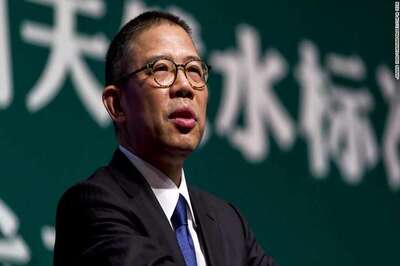

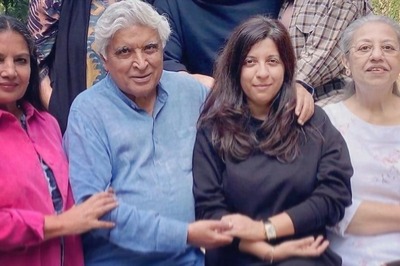
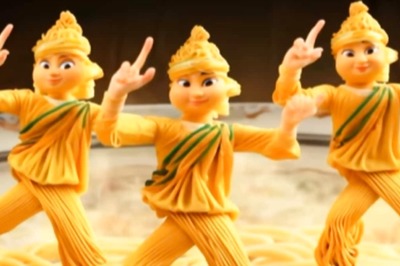
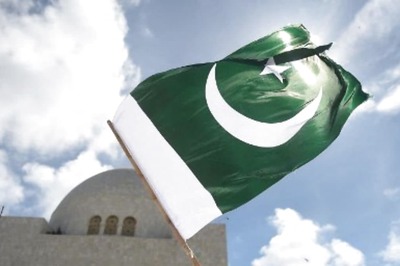



Comments
0 comment